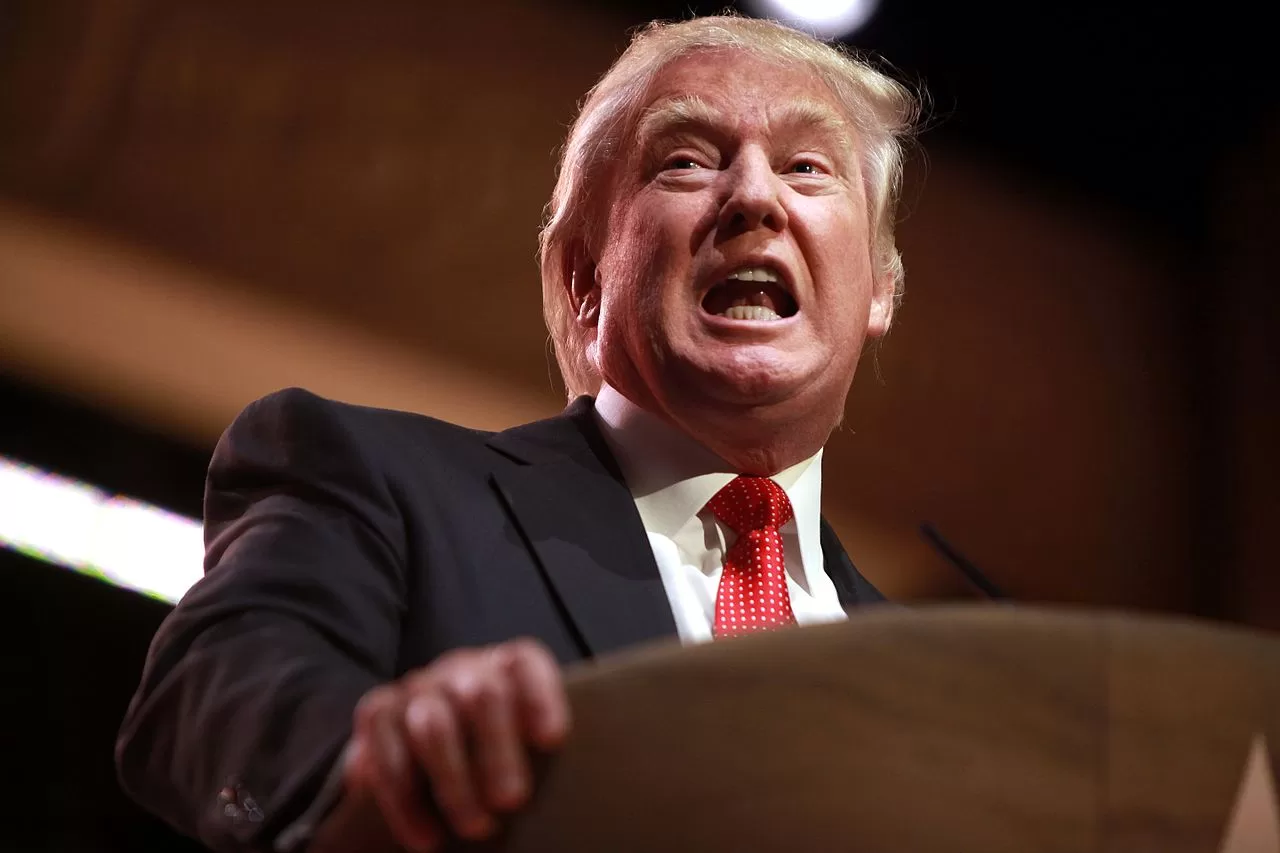Index on Censorship chief executive John Kampfner addressed the Levesen Inquiry into culture, practices and ethics of the press yesterday, covering free speech, journalistic standards, and journalism regulation
Freedom of expression is one of the most basic human rights. It is at the heart of democracy, of liberty. Without an open and raucous public space, society is weaker.
Freedom of expression is not, however, incompatible with high journalistic standards. It depends on good journalism. That is why we at Index on Censorship – the UK’s leading free speech organisation and one of the world’s most authoritative voices in this area – warmly welcome the Leveson inquiry. We see merit in the inquiry looking at as many areas as time allows.
It is important though to distinguish between the essential – getting to the bottom of the hacking scandal and recommending measures to prevent a repetition – and the desirable – creating the perfect media. A perfect media does not exist anywhere: never has and never will. Given the inevitable choice, would we rather have a press that is excessively pliant, cautious, and deferential – and we monitor dozens of countries with media like this – or one that sometimes errs?
The hacking scandal was about more than journalistic standards. It was about one media organisation, above all others, that accrued such power that it dominated public life, dictating to politicians what they should say and do. That it happened was an indictment on two generations of politicians, from Tony Blair flying to an Australian island to kneel at the feet of Rupert Murdoch to David Cameron’s intimate Oxfordshire suppers, to police chiefs taking jollies, to a so-called regulator happily taking no for an answer.
So let’s not delude ourselves; let’s not allow anyone to divert this into side issues. News International and perhaps others behaved the way they did because they were allowed to by politicians who were in turns cowardly and titillated by the invitation to the corporate top table. This was one, but by no means the only, example of a corroded and corrupted public life. I say this to make it clear that hackgate is as much a political problem as a journalistic one.
But, whatever the bigger context, it is vital that lessons are learnt. Changes must be made to improve journalism. It might be helpful to point out, first of all, where most sensible people agree. There is consensus that cross-media ownership laws should be tightened. Previous governments could have acted, but chose not to for the reasons I have already suggested.
The PCC, which failed not just on phone hacking but on the McCanns and other cases, needs radical reform. We can get snarled on the wording: self-regulation, independent regulation, statutory regulation. It is unsustainable for a regulator to have so little teeth, to be so dependent on its paymasters, the big newspapers, and therefore always susceptible to the charge of obeisance.
Some quick pointers for regulation… The regulator should regulate and not just mediate. It should be an authority on the big issues of the day. It should not wait to be asked to intervene. It should not, in my view, contain serving editors. Even if they recuse themselves from decisions affecting their organisations, the perception remains of a cosy cabal. Former editors and reporters should take their place. It should not oblige newspapers to join, but membership should be regarded as a gold standard. The same goes for the big bloggers. If a large media organisation chooses not to join, it should be known that they have put themselves in a lower division.
On issues of equivalence for corrections, fines and codes of conduct, I’d be happy to supply fuller recommendations. As for licensing, I merely refer you to precedent elsewhere, in other democracies. In Hungary, laws adopted in 2010 imperil a free press by imposing state control over public service broadcasters; by imposing fines on publishers, and by introducing a regulatory system that opens the door to political pressure. The excesses of media cross ownership and political bullying are all too evident in Italy. Excessive regulation of journalists in print and online is a growing threat there. I could cite other similar countries.
Now on to privacy. Articles 8 and 10 of the European Convention are both powerful rights. Privacy means much more than just looking at the love lives of celebrities. It is under threat from governments and from large corporations who take our data and use it to their own advantage. It is right and proper that judges agonise over both articles. Yes they come into conflict – we at Index deal with these conflicts almost every day – so how do we resolve them?
In parenthesis, I would also add this: we must be careful not to draw distinctions between ‘quality’ and popular journalism. Popular journalism is important in this country. Again, to cite France, do we want to have three high-minded newspapers dominating the national agenda – an elite talking to an elite? For sure, I would rather that the media talked more about oppression in Belarus than Amy Childs or Cheryl Cole, but I’m obviously in a minority.
Do we take the French view that pretty much everything is private unless deemed public? I hope not. In this environment it is all too easy for the rich and powerful to cite privacy, or their new-found friend confidentiality, to conceal information. In France, this frequently encompasses the financial dealings of politicians.
We all agree on the obvious cases – the hypocrisy of the moral majoritarian caught with his trousers down. What about other examples? It seems to me that if you make gains – in terms of your career or finances – by putting your private life into the public domain, you weaken your claim to privacy. If you sell your wedding, then if that marriage goes wrong, doesn’t the public have a right to know? Ultimately it is for the judges to decide. Even if we disagree on individual decisions, it is surely the least worst method. I cannot see how legislation in this area will help. Ultimately, as with so much in journalism, it should be determined by public interest. The PCC’s definition is good. But it can certainly be improved. This is an important task for the inquiry.
Which brings me onto investigative journalism: first, let’s nail one stupidity. The “I was in Tuscany” defence does not stand up to scrutiny. Any investigation that involves underhand methods needs the hands-on approval of the editor. The editor should, in outline, inform his or her managing editor. Many, perhaps most, investigations, involve the use of furtive and sometimes illegal practices. These include
– paying sources for information
– stealing documents or photographs
-forging documents
– impersonating people
– obtaining information through secret recordings or accessing privately stored information ‘blagging’ addresses, bank statements and other records
When is it acceptable to use these practices? The hacking of Milly Dowler’s phone has been rightly condemned. But would we feel the same sense of outrage if a journalist hacked the phone of an MP suspected of accepting bribes from an arms dealer? To cite a few examples: The Guardian used forgery to access private documents to expose Jonathan Aitken; the Telegraph paid for stolen information to reveal MPs expenses; in the News of the World, yes the News of the World, Mazher Mahmood carried out various sting operations that led to the uncovering of the Pakistan cricket scandal.
Again it comes down to public interest. Without investigative journalists, the hacking scandal would not have been uncovered; this inquiry would not be taking place.
I will now adopt Alastair Campbell’s maxim that only when you’re tired of saying something is it beginning to sink in. So once more: Journalism in this country is too weak, not too strong. Look back over the big news stories over the past decade – from weapons of mass destruction to the banks to much more besides – and ask yourself: have the media found out too much or too little? Are newspapers really staffed by feral beasts or by sometimes lazy and often pliant hacks all too eager to accept the line of those in authority?
British journalism operates under too many constraints. The worst are England’s libel laws. When Index and our partners at English PEN and Sense About Science launched our libel reform campaign in November 2009, the issue was deemed trivial by politicians. Jack Straw, then Justice Secretary, suggested he didn’t know what the fuss was about. Within a few months we had persuaded the three main parties of its seriousness. All made libel reform a manifesto commitment and within weeks of the general election, a private members bill was published by Lord Lester. I pay tribute to his work as I do to Lord McNally, the Justice Minister, who adapted this work into a government draft defamation bill published last March. Although we argued that several provisions remained too weak, and are seeking to strengthen them, we welcomed the draft bill as a major step forward.
The law in this area was so bad that the US Congress passed the Speech Act in the summer of 2010. This gives American citizens protection from English libel suits. London became known as “the town called sue”, where oligarchs and sheikhs can chill the speech of not just journalists, but writers, bloggers, scientists and doctors the world over. The Commons Culture Select Committee, in its report last year, described the situation as a “humiliation”.
In a few days’ time a joint Lords and Commons scrutiny committee will publish its findings on the draft bill. The Ministry of Justice will respond shortly after. Pretty much everyone – apart from a few claimant law firms worried about their profit margins – is on board. The coast is clear for full legislation next year. It is ready to go. The only problem we face is, I’m afraid, you Lord Justice Leveson. We know that libel is not part of your remit; we know that you have no desire to hold up the legislation. But some in government are now hiding behind this, and wondering whether to throw libel reform into this one big soup. It is important that you let ministers know that you have no wish to hold it up.
Reforming libel will go a considerable way to improving British democracy. Article 10 is not about the rights of journalists to bug the phones of victims of crime, or about multinational corporations bullying public figures. It is about the public’s right to know. It is about furious argument; it is about the right of others to air opinions you vehemently dislike. It is about an open society. For sure, let us seek to eradicate malfeasance; but control free expression at your peril.






